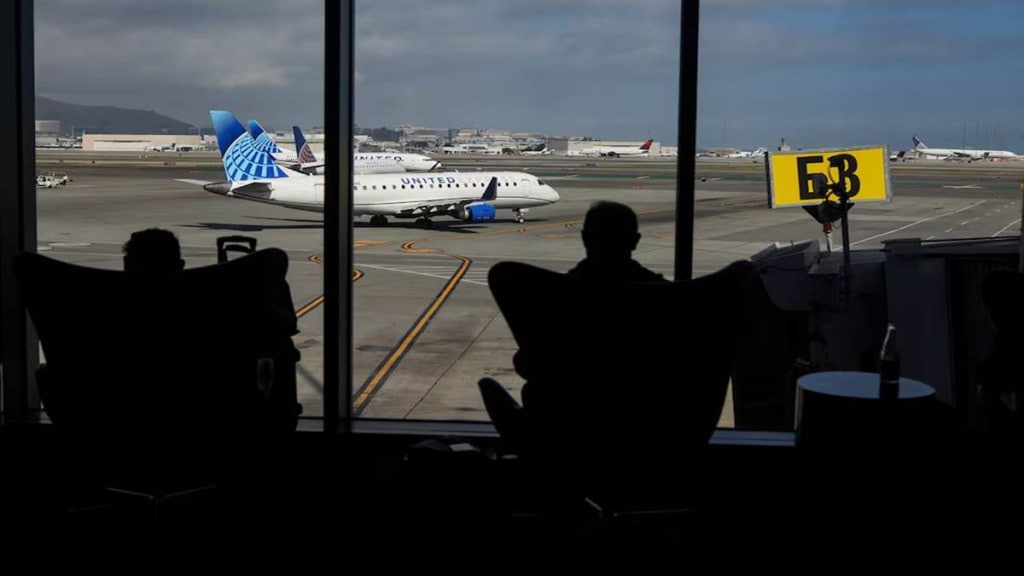A technical glitch with the Automatic Message Switching System (AMSS) resulted in significant disruption at Delhi’s Indira Gandhi International airport today, effectively delaying hundreds of flights.The glitch which caused a breakdown of the Air Traffic Control (ATC) system forced controllers to manually process every departure and arrival, compounding the delays.
The breakdown, which began Thursday evening, disrupted operations at India’s busiest airport and caused cascading delays across several other key airports. Following Delhi, Chhatrapati Shivaji Maharaj International Airport in Mumbai issued an advisory, informing passengers that flight operations have been affected due to a technical issue impacting the Automatic Message Switching System (AMSS) at Delhi.
What is an AMS system and why is it so important?
The problem originated in the Automatic Message Switching System, which automatically transmits flight plan data regarding aircraft movement in the air , on the runway and weather updates to air traffic controllers’ screens. The AMS system forms a crucial component of India’s Air traffic control infrastructure as it helps controllers prevent brutal clashes between planes and ensure the safety of passengers.
Modern ATC relies heavily on automated systems like AMS that process flight plans, track aircraft positions, and provide real-time data to controllers. The AMS system also serves as a crucial communication link between ATC and different airlines, transmitting thousands of messages daily about flight plans, weather updates, and operational changes.
When automation fails, controllers must revert to manual procedures—writing down flight details, calculating separations, and coordinating through voice communication. While these backup procedures maintain safety, they cannot match the speed of automated systems, causing operations to slow down significantly.
Why did the disruption spread beyond Delhi?
Since Delhi serves as a major connecting hub for North India, delays at the Delhi international airport had a cascading effect on the entire regional network. Aircraft scheduled to fly onward from Delhi were grounded. Planes meant to arrive and depart again sat waiting. Crew duty time limits were affected, and passengers missed connections.
Flight tracking data showed 513 delayed flights on Thursday and 171 more by Friday morning. Each delay compounded the next as aircraft queued for manual clearances that normally happen automatically within seconds.
Air India issued a travel advisory stating that the “technical issue with the ATC system in Delhi is impacting flight operations across all airlines” and was “beyond our control.” The airline said cabin crew and ground staff were providing assistance to reduce inconvenience.
